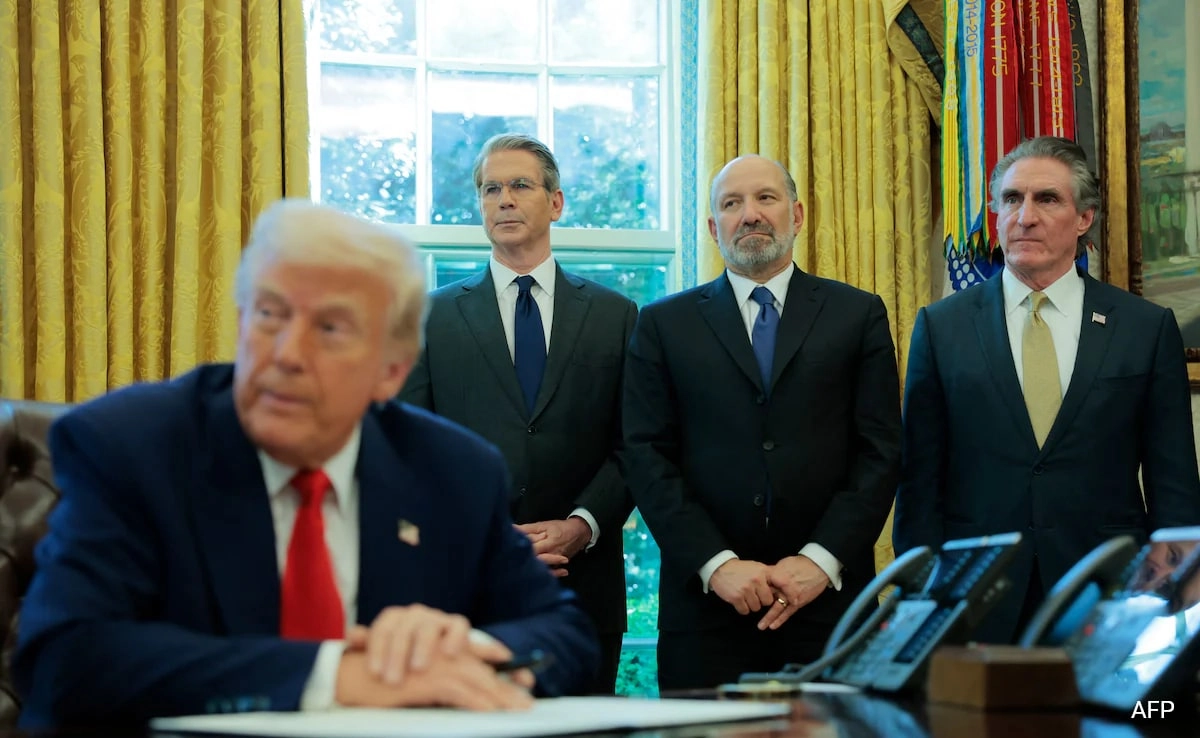In a recent development that has sent ripples through international trade relations, the White House has issued a stern warning in response to former President Donald Trump’s announcement of imposing a staggering 125% tariff on Chinese imports. This move, which is seen as an aggressive step in the ongoing trade tensions between the United States and China, has prompted concerns about potential retaliatory actions from Beijing. The administration has urged restraint, advising against any retaliatory measures that could escalate the situation further.
The proposed tariffs could significantly impact various sectors, leading to increased costs for American consumers and businesses that rely on Chinese goods. Analysts are already speculating about the potential repercussions of such a drastic measure, including the possibility of a trade war that could have long-lasting effects on both economies. The White House’s warning serves as a reminder of the delicate nature of international trade dynamics and the importance of diplomacy in resolving disputes. By advocating for non-retaliation, the U.S. government aims to maintain stability in trade relations and prevent a downward spiral that could harm global economic recovery.
Furthermore, the situation highlights the complexities of U.S.-China relations, which have been fraught with tension over issues ranging from trade practices to intellectual property rights. While Trump’s administration had previously taken a hardline stance against China, the current administration appears to be leaning towards a more measured approach, seeking to avoid actions that could lead to further escalation. The focus remains on dialogue and negotiation, emphasizing the need for cooperation in addressing mutual concerns without resorting to punitive measures that could exacerbate the existing tensions. As both nations navigate this challenging landscape, the call for restraint from the White House underscores the importance of maintaining open lines of communication in a rapidly changing global economy.




